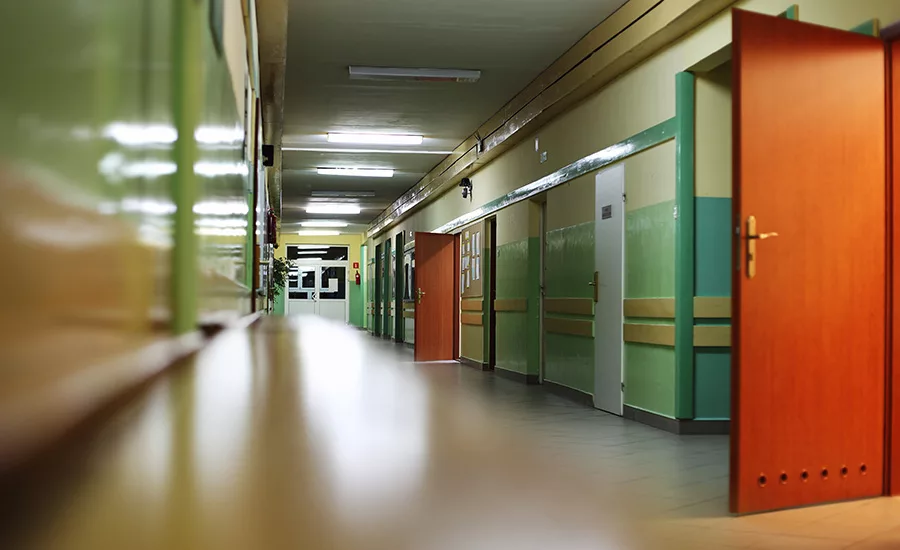ACLU Report: Schools Need Fewer Arrests and More Mental Health Aid

The American Civil Liberties Union released an analysis of data from 2015–2016 that highlights severe under-resourcing in schools and a failure to follow mental health professionals’ recommendations for adequate support systems for students.
The ACLU’s report contends that while schools are undoubtedly under-resourced, budgets are being allocated to the wrong places — namely school hardening in place of support systems recommended by mental health professionals.
According to the report, today’s students are experiencing record levels of depression and anxiety and many forms of trauma. According to the Centers for Disease Control and Prevention, the suicide rate among children ages 10 to 17 increased by 70 percent between 2006 and 2016. Approximately 72 percent of children in the United States will have experienced at least one major stressful event — such as witnessing violence, experiencing abuse, or experiencing the loss of a loved one — before the age of 18.
"The benefits of investing in mental health services are clear: Schools with such services see improved attendance rates, better academic achievement, and higher graduation rates as well as lower rates of suspension, expulsion, and other disciplinary incidents. Data shows that the presence of school-based mental health providers not only improves outcomes for students, but can also improve overall school safety," the report says. "By contrast, there is no evidence that increased police presence in schools improves school safety. Indeed, in many cases, it causes harm. When in schools, police officers do what they are trained to do, which is detain, handcuff, and arrest. This leads to greater student alienation and a more threatening school climate."
The report also discusses how funding for police in schools has been on the rise, while public schools face a critical shortage of counselors, nurses, psychologists, and social workers.
- 1.7 million students are in schools with police but no counselors
- 3 million students are in schools with police but no nurses
- 6 million students are in schools with police but no school psychologists
- 10 million students are in schools with police but no social workers
- 14 million students are in schools with police but no counselor, nurse, psychologist, or social worker
The report is available here.
Looking for a reprint of this article?
From high-res PDFs to custom plaques, order your copy today!





